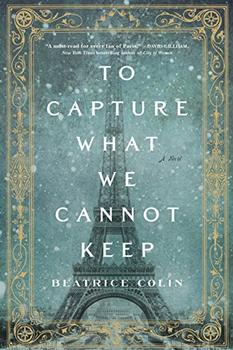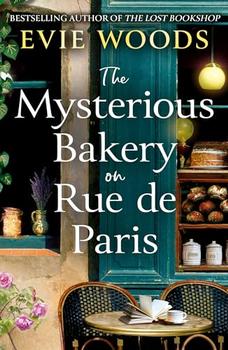Summary | Excerpt | Reviews | Beyond the book | Read-Alikes | Genres & Themes | Author Bio

A Novel
by Sebastian FaulksWhat is it to be human? This question, as in Birdsong, is at the heart of Human Traces. Set in the late 19th and early 20th centuries, this is an extraordinary novel that brings to vivid life, through the story of the volatile friendship and dedicated careers of two determined men, the epic quest to map the human mind.
What is it to be human? This question, as in Birdsong, is at the heart of Human Traces.
The story begins in Brittany where a young, poor boy somehow passes his medical exams and goes to Paris, where he attends the lectures of Charcot, the Parisian neurologist who set the world on its head in the 1870s. With a friend, he sets up a clinic in the mysterious mountain district of Carinthia in south-east Austria.
If The Girl at the Lion d’Or was a simple three-movement symphony, Birdsong an opera, Charlotte Gray a complex four-movement symphony and On Green Dolphin Street a concerto, then Human Traces is a Wagnerian grand opera.
Faulks's latest novel, a 550 page epic that took him four years to write, is not so much a novel about the dawn of modern psychiatry, as a history of psychiatry wrapped around a novel. The grasp that Faulks has for his material is sometimes a little overwhelming, to the point that I must admit to skipping the occasional page here and there when one or another of his characters expounded on the latest theory of the day in particular depth!..continued
Full Review
(505 words)
This review is available to non-members for a limited time. For full access,
become a member today.
(Reviewed by BookBrowse Review Team).
Sebastian Faulks was born on 20 April 1953 and was educated in England at
Wellington College and Emmanuel College, Cambridge. He was the first literary
editor of The Independent (a leading British newspaper launched in 1986) and became deputy editor of the Independent on Sunday
before leaving in 1991 to concentrate on writing; he continues to contribute
articles and reviews to a number of newspapers and magazines.
He is well-known for his three novels set in wartime France: The Girl at the
Lion d'Or (1989), set between the First and Second World Wars, Birdsong
(1993), the story of a young Englishman and his
harrowing experiences fighting in northern France during the First World War;
and Charlotte Gray (1998), the ...
This "beyond the book" feature is available to non-members for a limited time. Join today for full access.

If you liked Human Traces, try these:

To Capture What We Cannot Keep
by Beatrice Colin
Published 2017
Set against the construction of the Eiffel Tower, this novel charts the relationship between a young Scottish widow and a French engineer who, despite constraints of class and wealth, fall in love.

by Anna Hope
Published 2016
A searing novel of forbidden love on the Yorkshire moors from the author of the critically acclaimed debut Wake



Experience is not what happens to you; it's what you do with what happens to you
Click Here to find out who said this, as well as discovering other famous literary quotes!